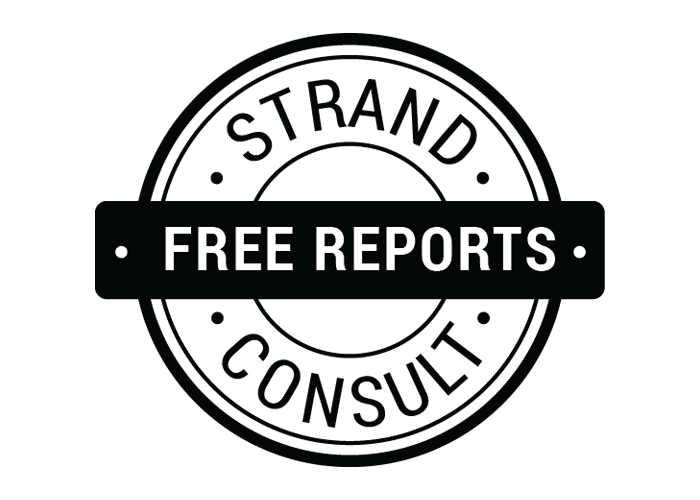US Networks Behavior Under Crisis: Reflections on Telecommunications, Transportation and Energy Regulation during COVID-19

This report assesses of network behavior under crisis, tests conventional regulatory wisdom, and draws preliminary conclusions about achieving social goals. Telcom, transport, and energy networks share a common pedigree in the Interstate Commerce Act and subsequent regulation under the Interstate Commerce Commission. Strand Consult analyzes these networks together to see what lessons policymakers can learn to improve regulation going forward.
For 25 years Strand Consult has worked to create transparency in the telecommunications world. Our customers are telecom operators which buy our knowledge. The purpose of the knowledge we produce, sell, and deliver is to make it easier for executives and boards of directors to navigate an increasingly complex world. We are talking about a world in which political and regulatory pressures increase as telecommunications evolves from basic tools for communication to critical infrastructure on which modern society depends.
The COVID-19 experience offers valuable lessons in telecommunications, transportation, and energy policy. These networks proved vital during the crisis, testing the regulatory assumptions of that “ex ante” are required to keep network owners from harming their customers. Contrary to conventional regulatory wisdom which would suggest that network owners would take advantage of the crisis to harm their customers (particularly as regulators were not as their posts as such and network end users are ostensibly “captive” to the network provider), network providers continued service in the face of the crisis without increasing price or decreasing quality. Indeed, some network providers waived fees and promised to keep service running even if subscribers could not pay. This experience has important implications for price control regulation, investment incentives, and sustainability. Telecommunications, transportation, and energy networks have been through successive periods of regulation, deregulation, and various states of re-regulation, though the crisis happened during a deregulatory period, an important coincidence which supports incentives to ensure network investment, maintenance, and operation. Indeed, by pursuing their investment incentives, private network owners invested heavily in networks and were ready for the crisis when it hit. Having operational networks during the crisis fulfills vital social goals that society can continue under duress: people can work, shop, learn, and received healthcare from home. This is an important counterexample to calls for increased regulation by some regulatory advocates. The experience suggests that the prevailing deregulatory frameworks have worked well.
More largely, the interplay of these networks helps to realize climate goals without additional regulation. For example, the presence of telecommunications and freight rail networks enables people to change behavior at scale in a way that supports climate goals. Working from home and shipping via freight rail reduces car and truck transport, the single largest source of greenhouse emissions. Rather than imposing external targets, the convergence of network technologies itself has helped to realize social goals. Indeed, new modes of working and distribution support a “greening” out of the crisis.
Policymakers should take stock of the period and recognize that the investment incentives of private network owners have fulfilled social goals. They should revisit the assumptions that network owners seek to harm network users, reduce the quality of network service, and arbitrarily increase price. Indeed, when network owners had the opportunity to engage in such behavior, they did the opposite. This suggests that technological competition and market forces themselves exert effective regulatory discipline.
Contact Strand Consult today to get your free copy of the report “US Networks Behavior Under Crisis: Reflections on Telecommunications, Transportation and Energy Regulation during COVID-19.”
